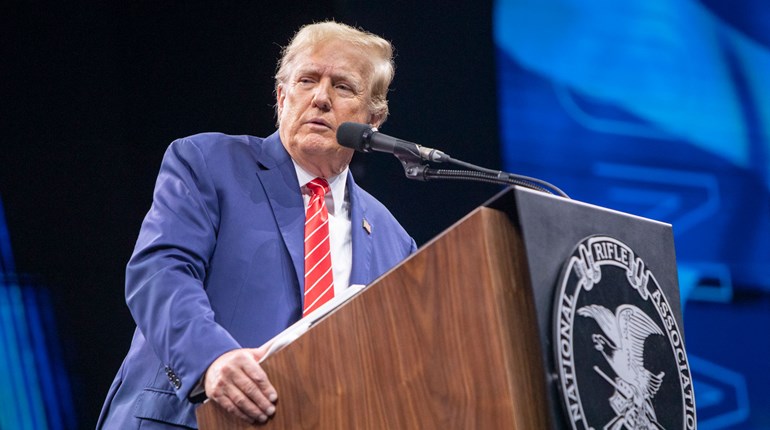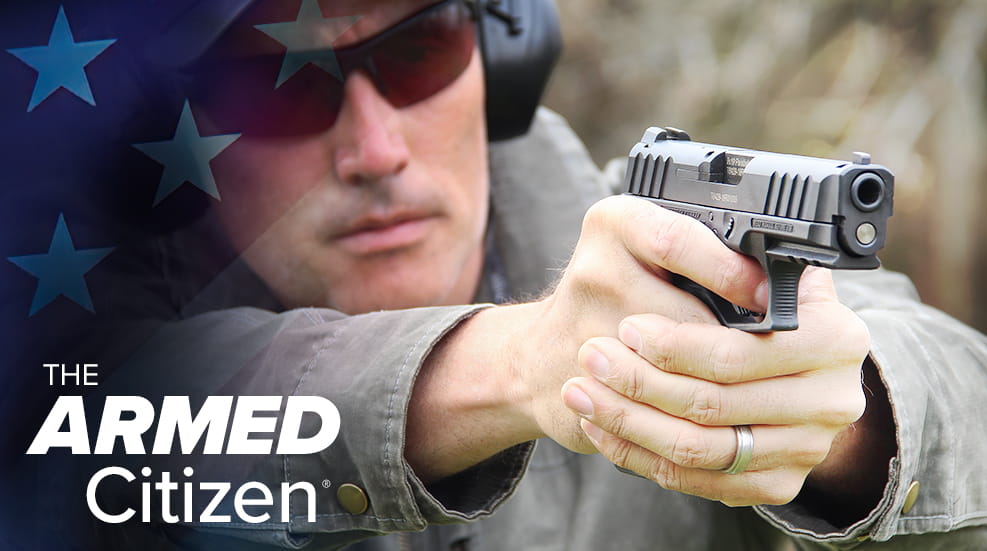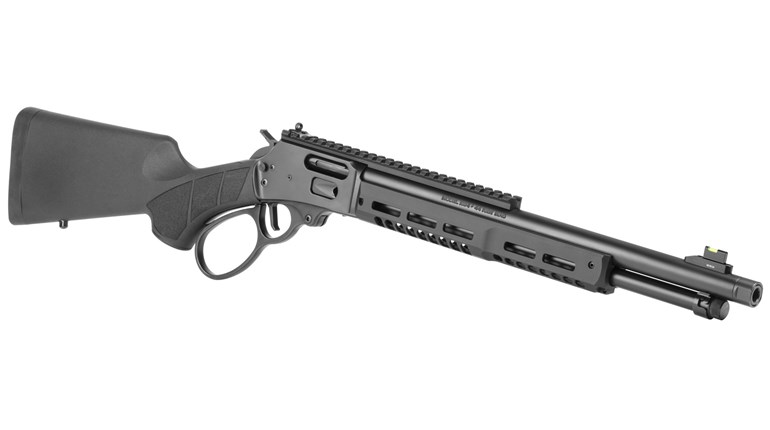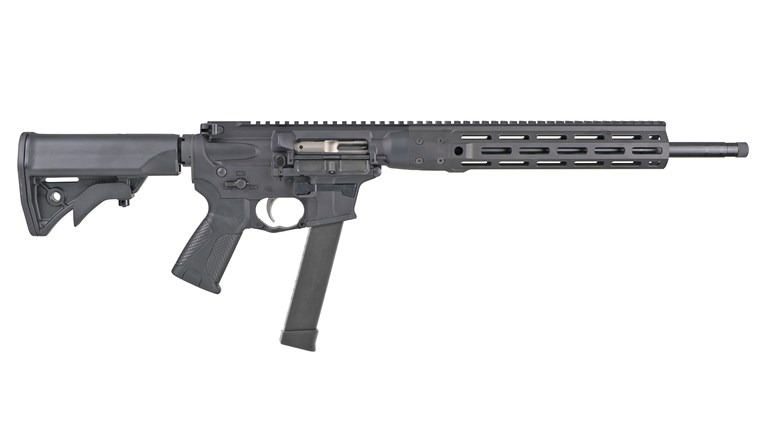
For those of us who know a thing or two when it comes to working our way around a firearm, it is something of an amusing spectator sport to pick up the endless inconsistencies and impossibilities brought to life on the small and silver screens.
Still, now and then, a diamond does emerge from the rough and an entire production, or even just a scene, is closer to the real than the reel.
So who has gotten it right? Pose the question to gun enthusiasts and there is a good chance that the answer will still be Michael Mann’s 1995 “Heat.”
“That was a movie that changed everything for the better, set a new bar in terms of accuracy and precision in filmmaking,” said Tim Clemente, a retired FBI agent and founder of the specialized production company of X-G Productions, Inc., whose credits include Criminal Minds (CBS), NCIS Los Angeles (CBS), The Following (FOX) and The Americans (FX). “The gun-handling was very, very well done, and the sounds were very real.”
In particular, an intense 10-minute bank robbery shootout is the stuff of legend. The production team shut down swaths of downtown Los Angeles for weeks on end, and British SAS operatives were brought in to train the A-list cast that included Val Kilmer, Robert De Niro, Tom Sizemore and Al Pacino to get the tactics on-point.
Shooting pros point to the small details—the way the film’s characters provide each other with cover fire, the careful communications, the suppression of the enemy while others advance their positions, the guarding of their rifles—as being chillingly akin to a real-life firefight.
Yet it is just as much what the scene omits as what it includes that makes it chillingly authentic. Unlike much of the pyrotechnics and strange sound effects that show business likes to add for dramatic purposes, “Heat” steered clear of the arbitrary spraying. Instead, each player—from the police to the criminals—fires with tactical precision, stares down their sights, has rifle positioned correctly into the shoulder and are endeavoring to take cover.
“The actors didn’t have limitless magazines, which are normally what Hollywood does, they will use a six-round revolver and it somehow sprays 50 bullets before requiring a reload,” Clemente said. “But in ‘Heat,’ they were doing the changes and were tactically communicating, moving. It was all well done.”
And while even the best trainers and technical advisers in show business don’t have the ultimate authority on how a scene plays out, many in the industry say there is a renewed push, if only for safety purposes, to ensure extensive, high-end training with top professionals before filming.
Indeed, Keanu Reeves is one actor known to have put in the hard work with world competition champion and gunmaker Taran Butler, subsequently cementing “John Wick 3” into the echelon of skilled Tinseltown illustrations.
“I think most people would be surprised to learn just how much time Keanu spent at Taran’s place learning what it takes to get comfortable with a gun,” Clemente said.
Not to mention, Reeves is now known for being able to hit six, 8-inch plates set 30 feet away one-handed after drawing from the hip. “John Wick 4” has commenced production, so Reeves certainly must be doing something right.
“You see hyper-realistic handling of firearms, along with Keanu and other John Wick characters actually running out ammunition at the right moments,” said Chris Cheng, “Top Shot” star and California-based weapons consultant. “In many movies, it seems like they have unlimited ammo. But what also makes John Wick’s gun handling interesting is even his reloads are interesting to watch.”
And there are a few alternate honorable mentions to go around.
According to retired U.S. Army soldier Boone Cutler, HBO’s 2008 miniseries "Generation Kill" strikes a special chord.
“It really captured a lot. There was great audio, and the relationships between the guys nailed it. You could hear the guys changing magazines; they took hits and looked like they got hurt. The whole thing felt very realistic,” he said. “And there was an ambiguity to where the enemy was, a sense of being back on a 360-degree battlefield. It was a show that kept me up at night.”
Then there is 2012’s “Act of Valor,” produced and directed by Mike McCoy and Scott Waugh, and starring active-duty Navy SEALs rather than actors.
“They [filmmakers] had the buy-in from the Pentagon, especially from the Navy. Essentially, they wanted it to be an advertising flick,” Chacon said. “But the great thing was that they used real weapons, live ammo and tracer rounds. There wasn’t a lot of CGI except for an explosion or two, so the gunfighting we saw was legit.”
Furthermore, Peter Berg’s 2013 portrayal of the ill-fated Navy SEAL mission in Afghanistan dubbed “Operation Red Wings,” in which Mark Wahlberg plays the only survivor in the group, Marcus Luttrell, in the film "Lone Survivor" typically generates the thumbs-up for its meticulous shooting and firearms handling.
“Mark Wahlberg is another guy, like Keanu, who is totally dedicated to training and accuracy,” said Bobby Chacon, a retired FBI agent and writer/technical advisor for CBS’s “Criminal Minds.”
But there is one known misnomer. According to one production who worked closely on the tactical component, the scene featuring a Berretta tucked into the team’s back pocket stemmed as a result of paid product placement; yes, Hollywood still does take checks from arms manufacturers.
“It’s well-known the SEAL teams carried a SIG-226,” the insider said. “But that’s Hollywood.”
And it’s safe to say that despite the often erroneous and often even dangerous depictions of firearms use in film and television, the industry has no interest in gun control for entertainment purposes. According to a 2018 study by The Hollywood Reporter, illustrations of firearms used on-screen have more than tripled since the Internet Movie Firearms Database (IMFDB) started compiling information in 1985.
Nonetheless, Clemente also emphasized that diligent training can change perceptions about firearms inside the entertainment arena. He recalled receiving a call from a stunt coordinator on a television pilot, centered on a military combat unit, days before filming a shootout scene as the lead actress was suffering anxiety about using a blank gun.
“She was all panicked, so I spent the whole Saturday with her going through all the basics and getting her comfortable, assuring her that pulling the trigger was not going to hurt her and was not going to hurt me,” he said. “That ended up a classic example of teaching someone it isn’t as scary as it might seem, and it brought them around in understanding why people own firearms.”

































